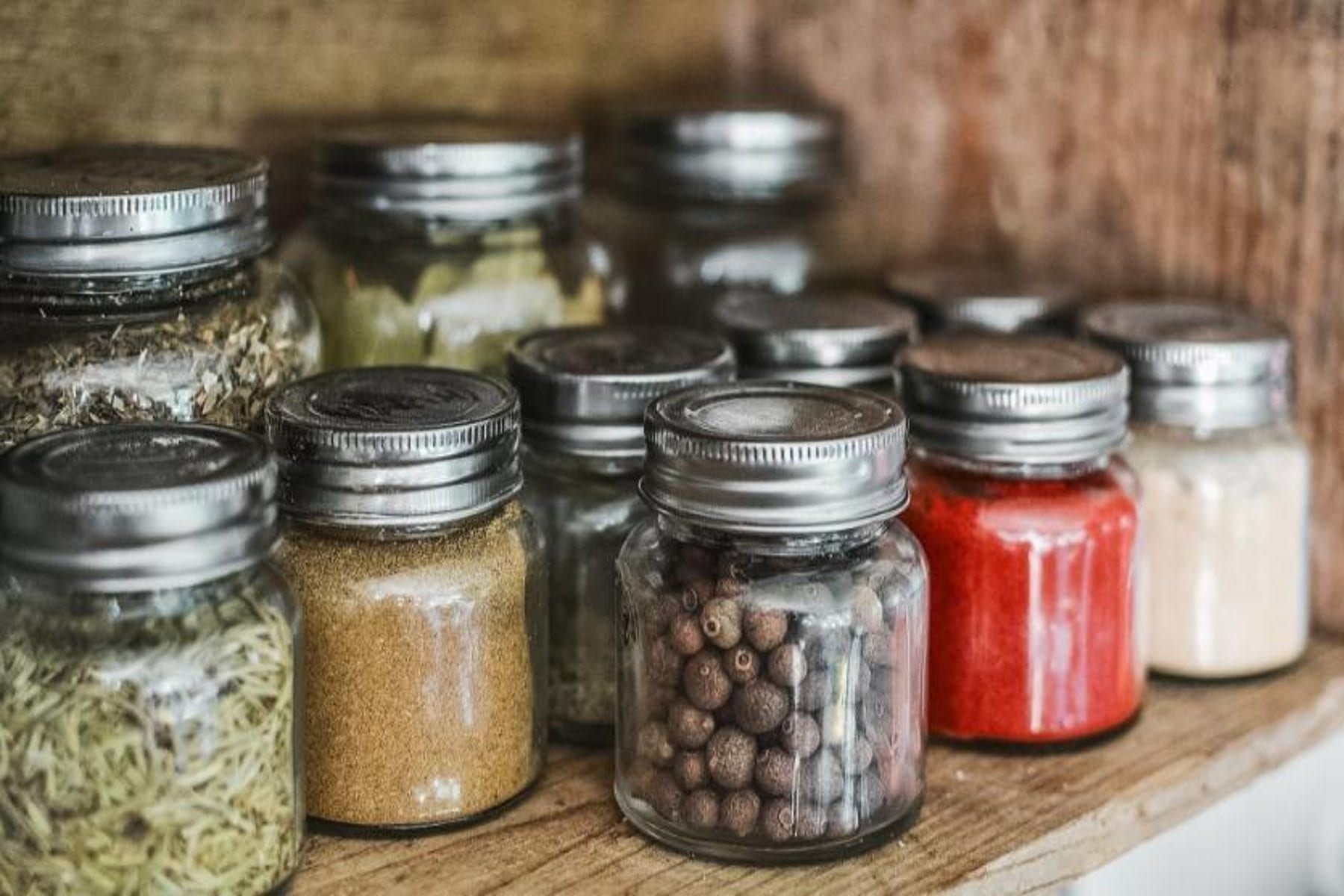

Articles
How To Store Spices In Humid Climates
Modified: August 17, 2024
Discover effective ways to store spices in humid climates with our informative articles. Protect the quality and flavor of your spices for longer.
(Many of the links in this article redirect to a specific reviewed product. Your purchase of these products through affiliate links helps to generate commission for Storables.com, at no extra cost. Learn more)
Introduction
Welcome to the world of spices, where flavors dance and aromas tantalize the senses. Spices are essential ingredients that add depth, complexity, and character to our culinary creations. However, if you live in a humid climate, you may have experienced the frustration of spices clumping together, losing their potency, and becoming susceptible to spoilage.
Humidity can be the enemy when it comes to spice storage. Excessive moisture in the air can cause spices to clump and lose their flavor, making it challenging to measure and use them effectively. Additionally, damp conditions create an ideal environment for mold to thrive and can significantly shorten the shelf life of your precious spices.
But fear not! In this article, we will delve into the challenges of storing spices in humid climates and provide you with valuable tips and tricks to keep your spices fresh, flavorful, and ready to elevate your culinary creations.
Key Takeaways:
- Embrace the world of spices in humid climates by choosing airtight containers, keeping spices away from heat and moisture, and using silica gel packs to maintain freshness and flavor.
- Elevate your culinary creations by storing spices in cool, dark, and dry areas, rotating and using them regularly, and monitoring humidity levels to preserve their vibrant flavors.
Read more: How To Store Salt In Humid Climate
Understanding the Challenges of Storing Spices in Humid Climates
Humidity poses several challenges when it comes to storing spices. One of the primary issues is moisture absorption. Spices have hygroscopic properties, meaning they have the ability to absorb moisture from the surrounding environment. In humid climates, where the moisture content in the air is high, spices can absorb significant amounts of moisture, leading to clumping and loss of flavor.
When spices clump together, it becomes difficult to measure them accurately, resulting in inconsistent flavor profiles in your dishes. Additionally, moisture can trigger the growth of mold and bacteria on spice jars and containers, posing health risks and compromising the quality of your spices.
Another challenge in humid climates is the degradation of spice quality. High humidity levels can cause the essential oils in spices to evaporate more quickly, resulting in a loss of flavor and aroma. The delicate balance of flavors that make spices so special can easily be disrupted in humid conditions, leaving you with a less-than-optimal culinary experience.
Furthermore, spices are often sourced from regions with dry climates, such as India, Mexico, or the Mediterranean. They are traditionally grown and processed in these arid environments, which means they are accustomed to lower humidity levels. When they are exposed to high humidity, spices can lose their integrity and authenticity, affecting both their taste and medicinal properties.
Understanding the challenges that humid climates pose for spice storage is crucial in finding effective solutions to maintain the quality, potency, and flavor of your spices. In the next section, we will explore the importance of proper spice storage practices.
Importance of Proper Spice Storage
Proper spice storage is essential for preserving the quality, flavor, and aroma of your spices, especially in humid climates. By taking the time to store your spices correctly, you can ensure that they remain fresh, potent, and ready to enhance your culinary creations. Here are a few reasons why proper spice storage is crucial:
- Preserving Flavor and Aroma: Spices are packed with volatile compounds that give them their unique flavors and aromas. The proper storage conditions can help retain these compounds, ensuring that your spices deliver their full range of flavors to your dishes.
- Maintaining Potency: Over time, spices can lose their potency due to exposure to air, moisture, and light. By storing spices properly, you can slow down the degradation process, allowing your spices to maintain their potency for longer periods.
- Avoiding Contamination: Humidity and moisture can promote the growth of mold, bacteria, and other microorganisms on spices. Storing spices properly can help prevent these contaminants from ruining your spices, ensuring that they remain safe for consumption.
- Cost-Effective: When you store spices properly, you minimize waste and prevent the need for frequent repurchasing. Proper storage helps extend the shelf life of your spices, saving you money in the long run.
- Culinary Consistency: By storing your spices in optimal conditions, you ensure that they are always ready for use. This allows you to maintain consistency in flavor, making your dishes more reliable and enjoyable.
Now that we understand the importance of proper spice storage, let’s explore some tips and techniques to help you keep your spices fresh and flavorful in humid climates.
Tips for Storing Spices in Humid Climates
Storing spices in humid climates can be a challenging task, but with the right techniques, you can ensure that your spices remain fresh, clump-free, and full of flavor. Here are some essential tips to help you in storing your spices:
- Choose Airtight Containers: Opt for airtight containers with good seals to prevent moisture from entering. Glass jars with rubber gaskets or plastic containers with secure lids are excellent options for maintaining the freshness of your spices.
- Keep Spices Away from Direct Heat and Sunlight: Heat and sunlight can degrade the quality of spices and accelerate moisture absorption. Store your spice containers in cool, dark areas, away from stoves, windows, or any other sources of direct heat or sunlight.
- Avoid Storing Spices Near Sources of Moisture: Keep your spices away from the sink, dishwasher, or any other areas where moisture is prevalent. Even opening spice containers near steamy pots or boiling water can introduce moisture, leading to clumping and loss of flavor.
- Store Spices in Cool, Dark, and Dry Areas: Find a cool, dark, and dry spot in your kitchen or pantry to store your spices. This will help maintain consistent temperature and humidity levels, reducing the risk of moisture damage and flavor loss.
- Consider Using Silica Gel Packs: Silica gel packs are excellent moisture absorbers. Place a few silica gel packs in your spice containers to help control humidity and prevent moisture-related issues.
- Use Vacuum Sealers for Long-Term Storage: Vacuum sealers are particularly useful for long-term spice storage. They remove air from the container, reducing the chances of moisture absorption and preserving the freshness of your spices.
- Label and Date Spice Containers: Proper labeling and dating of spice containers can help you keep track of their freshness. Use labels or markers to indicate the spice name and the date of purchase or expiry.
- Rotate and Use Spices Regularly: Spices have a shelf life, and their potency decreases over time. To ensure you’re using your spices at their freshest, follow the “first in, first out” rule. Rotate your spice inventory and use older spices before newer ones.
- Keep Spices Whole if Possible: Whole spices tend to retain their flavor and potency better than ground ones. Consider buying whole spices and grinding them when needed for a more intense flavor profile.
- Monitor and Control Humidity Levels: Use a dehumidifier or a hygrometer to monitor and control the humidity levels in your kitchen or pantry. Aim for a humidity level between 40-60% to create an ideal environment for spice storage.
By following these tips, you can ensure that your spices remain fresh, flavorful, and ready to elevate your culinary creations, even in the most humid of climates. Now it’s time to put these practices into action and enjoy the full potential of your spices.
Choose Airtight Containers
When it comes to storing spices in humid climates, choosing the right containers can make all the difference. Airtight containers are a must-have as they help create a barrier against moisture, keeping your spices dry and free from clumping.
Opt for glass jars with rubber gaskets or plastic containers with secure lids. These types of containers provide a tight seal, preventing air and moisture from entering and compromising the quality of your spices. Avoid using containers with loose lids or those that do not provide a proper seal, as they will not effectively protect your spices from the effects of humidity.
Transparent glass jars are ideal because they allow you to see the contents at a glance, making it easy to locate the spice you need. Additionally, glass is non-reactive, so it won’t absorb any flavors or odors from the spices, ensuring that each spice retains its authentic taste and aroma.
To maximize the effectiveness of airtight containers, consider purchasing containers that come with multiple sizes or separately invest in small containers to store individual spices. This way, you can keep each spice in its own designated container, preventing cross-contamination and maintaining the integrity of each spice’s characteristics.
Remember to clean your spice containers thoroughly before transferring your spices into them. Any residual moisture or spice particles in the container can introduce unwanted moisture, affecting the quality of your spices over time. Make sure the containers are completely dry before filling them with your precious spices.
Properly chosen airtight containers will act as a shield against humidity, keeping your spices dry and clump-free. They will help preserve the flavors, aromas, and potency of your spices, allowing you to wield their culinary magic in your dishes, regardless of the humidity in your climate.
Read more: How To Store Shoes In Humid Climate
Keep Spices Away from Direct Heat and Sunlight
When it comes to storing spices in humid climates, it’s essential to protect them from direct heat and sunlight. Excessive heat and exposure to sunlight can accelerate the degradation process and reduce the flavor and potency of your spices.
Heat can cause the essential oils within spices to evaporate more quickly, leading to a loss of flavor and aroma. Sunlight, especially UV rays, can also contribute to the breakdown of these essential oils and result in a less flavorful spice.
To protect your spices from heat and sunlight, it’s important to choose the right storage location. Avoid placing your spice containers near stoves, ovens, or any other heat-emitting appliances. The heat generated from these sources can cause the surrounding area to become excessively warm and compromise the quality of your spices.
Additionally, keep your spice containers away from windows or areas that receive direct sunlight. Sunlight can not only heat up the containers but can also fade the colors of spices, indicating a loss of flavor and freshness. It’s best to store your spices in a cool, dark area of your kitchen or pantry.
If you have limited storage options and your kitchen is prone to sunlight exposure, consider storing your spices in a drawer or a cabinet. Dark and enclosed spaces provide additional protection from both heat and sunlight.
By keeping your spices away from direct heat and sunlight, you can maintain their quality and ensure that they remain as flavorful and potent as possible. This simple practice goes a long way in preserving the taste and aroma of your spices, allowing you to continue to elevate your culinary creations despite the challenges of a humid climate.
Avoid Storing Spices Near Sources of Moisture
When it comes to storing spices in humid climates, it’s crucial to keep them away from sources of moisture. Moisture can cause spices to clump together, lose their flavor, and even promote the growth of mold and bacteria. To ensure the longevity and quality of your spices, it’s important to take precautions to avoid storing them near sources of moisture.
One of the primary culprits of moisture is the sink area. Avoid storing your spices near the sink, as water splashes and steam can introduce moisture into the air, risking the integrity of your spices. It’s best to keep your spice containers away from this area to prevent any accidental moisture exposure.
Similarly, it’s important to keep your spices away from the dishwasher. The moisture and steam generated during the dishwashing cycle can find their way into your spice containers, leading to clumping and potential spoilage. Be mindful of where you store your spices in relation to the dishwasher, and if possible, choose a location that is far enough to avoid any moisture exposure.
Another source of moisture to be cautious of is the stove area. When cooking, steam and heat from boiling pots or pans can create a humid environment. Placing your spices too close to the stove can lead to moisture absorption, clumping, and flavor loss. Opt for a storage location in your kitchen that is away from direct steam and heat sources to protect your spices.
In addition to the kitchen, be mindful of other areas that may contain sources of moisture, such as a laundry room or bathroom, and avoid storing your spices in proximity to these areas as well.
By taking proactive measures to keep your spices away from sources of moisture, you can prevent clumping and maintain the flavor and quality of your spices for longer periods. Your spices will remain dry, free-flowing, and ready to add a burst of flavor to your culinary creations in even the most humid climates.
Store Spices in Cool, Dark, and Dry Areas
Proper storage plays a significant role in preserving the quality and flavor of your spices, especially in humid climates. Storing spices in cool, dark, and dry areas is highly recommended to maintain their freshness and effectiveness. Here’s why:
Cool Temperature: Spices are sensitive to temperature fluctuations, and excessive heat can lead to flavor loss and degradation. Therefore, it’s crucial to store your spices in a cool environment. Aim for a storage area with a stable temperature, ideally below 70°F (21°C). Avoid storing spices near the refrigerator or freezer, as the temperature extremes can affect their quality.
Dark Environment: Exposure to light, especially sunlight, can cause your spices to deteriorate quickly. Ultraviolet (UV) rays can fade the vibrant colors and break down the aromatic compounds in spices. Choose a storage location away from windows or any other sources of direct light. Opt for a dark cabinet or drawer to shield your spices from harmful light exposure.
Dry Atmosphere: Humidity is a common enemy of spices, as it can lead to clumping, flavor loss, and the growth of mold. To maintain the integrity and potency of your spices, it’s essential to store them in a dry environment. Avoid storing spices in areas prone to moisture, such as near sinks or dishwashers. Instead, choose an area with good ventilation and low humidity levels.
If your kitchen or pantry is particularly humid, consider using a dehumidifier to keep the moisture levels under control. This extra step can go a long way in maintaining the quality of your spices and preventing spoilage.
Remember to keep your spice containers tightly sealed to further protect them from moisture. The combination of a cool, dark, and dry storage location with well-sealed containers will help prolong the shelf life of your spices and ensure they remain flavorful and potent.
By following these guidelines and providing the proper storage environment for your spices, you can enjoy fresh, aromatic, and flavorful spices even in the most humid climates. Get creative with your culinary creations and let the carefully preserved flavors of your spices shine!
Store spices in airtight containers to prevent moisture from affecting their flavor and potency. Consider using silica gel packets to absorb excess humidity.
Consider Using Silica Gel Packs
When it comes to storing spices in humid climates, one useful tool you can employ is silica gel packs. These small, desiccant packets are designed to absorb moisture and help maintain the dryness of your spice containers. Consider using silica gel packs to protect your spices from the effects of humidity. Here’s how they can be beneficial:
Moisture Absorption: Silica gel packs are composed of tiny silica beads that have a high affinity for moisture. They are capable of absorbing excess moisture from the surrounding environment, creating a drier atmosphere within your spice containers. By using silica gel packs, you can combat the effects of humidity and prevent clumping or spoilage of your spices.
Prevention of Mold and Bacteria: Humidity can create the perfect breeding ground for mold and bacteria. The presence of these microorganisms can adversely affect the quality and safety of your spices. Silica gel packs help in reducing moisture levels, which inhibits the growth of mold and bacteria, keeping your spices fresh and free from contamination.
Easy to Use: Silica gel packs are user-friendly and require minimal effort. Simply place a silica gel pack inside each spice container or in the storage area where you keep your spices. Ensure that the packets are securely sealed to prevent any contact between the silica gel and the spices. The silica gel packs will work silently and effectively in maintaining the dryness of your spices.
Longevity of Spices: By using silica gel packs, you can extend the shelf life of your spices. By minimizing moisture exposure, you help preserve the flavor, aroma, and potency of your spices for a more extended period. This helps you get the most out of your spice collection and ensures that your dishes are always infused with the best possible flavors.
It’s important to note that silica gel packs have a finite lifespan and will eventually reach their saturation point. To maintain their effectiveness, periodically check the packs for signs of saturation, such as a change in color or weight. If the packets appear saturated, it’s time to replace them with fresh ones to continue protecting your spices effectively.
While silica gel packs are not a foolproof solution, they are a valuable tool in your arsenal for combating the effects of humidity on spice storage. Consider incorporating the use of silica gel packs along with other storage best practices to ensure that your spices remain dry, clump-free, and full of flavor, regardless of the humidity in your climate.
Use Vacuum Sealers for Long-Term Storage
When it comes to long-term spice storage in humid climates, vacuum sealing is an effective technique that can help preserve the freshness, flavor, and potency of your spices. Vacuum sealers create an airtight seal around your spice containers, preventing the entry of air, moisture, and other contaminants. Here’s why you should consider using vacuum sealers for long-term spice storage:
Airtight Seal: Vacuum sealers eliminate the presence of air in the spice containers, which is one of the main factors that contribute to the degradation of spices. By removing the air, the rate of oxidation is reduced, helping your spices retain their flavors and aromas for a longer period.
Protection Against Moisture: Vacuum sealing effectively protects your spices from moisture, a primary concern in humid climates. By removing the air, you eliminate the likelihood of moisture being present, which can lead to clumping, flavor loss, and mold growth. Vacuum sealing creates a dry environment, ensuring the longevity and quality of your spices.
Preservation of Potency: The essential oils and volatile compounds that give spices their aromatic and flavorful qualities are susceptible to degradation when exposed to air and moisture. Vacuum sealing helps lock in these compounds, maintaining the potency of your spices over an extended period. This means that when you use them in your culinary creations, your dishes will be infused with rich, vibrant flavors.
Extended Shelf Life: Vacuum sealing your spices can significantly extend their shelf life. Without the exposure to oxygen and moisture, spices can maintain their freshness and effectiveness for much longer. This allows you to reduce waste, save money, and always have a well-stocked spice collection ready to enhance your cooking.
When using a vacuum sealer, ensure that your spice containers are clean and completely dry before sealing. Moisture can compromise the vacuum seal and lead to spoilage. It’s also important to label the vacuum-sealed containers with the spice name and the date of sealing. This helps you keep track of the freshness of your spices and make informed decisions about usage.
While vacuum sealers are especially useful for long-term spice storage, they may not be necessary for spices that you use regularly. Vacuum sealing can be more time-consuming and may require additional equipment. However, if you have a large spice collection or want to preserve specialty spices, vacuum sealing is a worthwhile investment.
By using vacuum sealers for long-term storage, you can ensure that your spices remain fresh, flavorful, and of the highest quality, even in the challenging conditions of a humid climate. Unlock the full potential of your spices and elevate your culinary creations to new heights!
Label and Date Spice Containers
Properly labeling and dating your spice containers may seem like a simple task, but it can make a significant difference in your spice storage organization and utilization, especially in humid climates. Here’s why labeling and dating are important:
Easy Identification: Labeling your spice containers allows for easy identification of each spice. When your collection is properly labeled, you can quickly locate the spice you need during cooking, saving you time and effort. Clear, legible labels also eliminate the need to open multiple containers to find the desired spice, reducing the chances of moisture exposure.
Prevention of Cross-Contamination: Labeling your spice containers helps prevent cross-contamination. When spices are not labeled, it can be challenging to differentiate between similar-looking spices, such as cinnamon and paprika. By clearly labeling each container, you reduce the risk of accidentally using the wrong spice in your recipes, ensuring the integrity of your dishes.
Tracking Shelf Life: By dating your spice containers, you can track the freshness and shelf life of each spice. Ground spices typically have a shorter shelf life compared to whole spices, so it’s essential to know when each spice was purchased or opened. This information helps you prioritize the usage of spices, ensuring that you utilize older spices first and avoid wastage.
Quality Control: Over time, spices may lose their flavor and potency. By dating your spice containers, you can monitor the quality of your spices and make informed decisions about when to replace them. If a spice is past its prime or has lost its vibrant aroma, it may be time to refresh your supply to maintain the best flavors in your cooking.
To label your spice containers, use a permanent marker or adhesive labels. Include the name of the spice, as well as any specific information, such as whether it is ground or whole. For dating, write the purchase date or the date the spice was opened. If there is a recommended shelf life on the packaging, take note of that as well.
Organize your labeled spice containers in a way that suits your needs, whether by alphabetical order, frequency of use, or any other system that makes sense to you. Regularly check the labels for clarity and make updates as necessary.
Labeling and dating your spice containers may seem like a small step, but it can have a big impact on your spice storage. It promotes organization, helps prevent mistakes in your cooking, and assists in maintaining the quality and freshness of your spices. Take the time to label and date your spice containers, and enjoy the ease and efficiency it brings to your culinary adventures.
Rotate and Use Spices Regularly
Rotating and using your spices regularly is an essential practice in spice storage, particularly in humid climates. Incorporating this habit not only ensures the freshness and potency of your spices but also allows you to fully enjoy the flavors they impart in your cooking. Here’s why rotating and using spices regularly is important:
Maintaining Freshness: Spices, like any food ingredient, have a limited shelf life. They gradually lose their flavor, aroma, and potency as time goes by. By rotating your spice collection, you can ensure that you use the older spices first, preventing them from languishing in your pantry and becoming stale. Regularly using and replacing spices guarantees that you are always working with the freshest ingredients.
Optimal Flavor Profile: Spices are at their best when freshly ground or whole. The volatile oils responsible for their distinctive flavors and aromas are most potent when the spice is newly processed. Regularly using your spices means that you are capturing their flavors at their peak, enhancing the taste and enjoyment of your dishes.
Preventing Spice Waste: By rotating and using your spices regularly, you reduce the likelihood of waste. It is disheartening to find expired or stale spices that you never had the opportunity to utilize. Consistently tapping into your spice collection allows you to make the most of each spice, minimizing waste and ensuring that you get the full value of your culinary investments.
Creative Exploration: Regularly using a variety of spices opens up a whole world of culinary possibilities. By rotating your spices and incorporating different flavors into your cooking, you can experiment with diverse cuisines, try new recipes, and add depth and complexity to your favorite dishes. Embrace the opportunity to explore and expand your culinary horizons by regularly using the spices in your collection.
To ensure proper rotation and usage of your spices, organize them in a way that allows for easy access and visibility. Consider arranging them in alphabetical order, by cuisine, or by frequency of use. Regularly check the expiration dates or the recommended shelf life of your spices, and make a conscious effort to incorporate them into your cooking before they lose their potency.
Remember to store your spices in proper conditions, preferably in a cool, dark, and dry area, as mentioned earlier in this article. This will help maintain their freshness and flavor for as long as possible.
By actively rotating and using your spices regularly, you will ensure that each spice gets its moment in the spotlight, enhancing the taste of your dishes and infusing them with enticing flavors. Embrace the world of spices and let your culinary creativity flourish!
Keep Spices Whole if Possible
When it comes to storing spices in humid climates, keeping them whole whenever possible is a beneficial practice. Whole spices have several advantages over pre-ground counterparts, especially when it comes to maintaining flavor, potency, and preventing moisture absorption. Let’s explore why keeping spices whole is advantageous:
Extended Shelf Life: Whole spices have a longer shelf life compared to pre-ground spices. The intact nature of whole spices helps preserve their flavor and potency for a more extended period. Ground spices, on the other hand, have a larger surface area exposed to air and moisture, making them more susceptible to degradation.
Preservation of Essential Oils: Essential oils contained within spices contribute significantly to their flavors and aromas. When spices are ground, these essential oils are released and exposed to air, leading to flavor loss. By keeping spices whole, you can retain more of their essential oils, ensuring a more intense and vibrant flavor profile when you grind them for use.
Reduced Moisture Absorption: Whole spices have a lower surface area exposed to moisture, making them less prone to moisture absorption and clumping. This is particularly relevant in humid climates, where excess moisture can quickly degrade the quality of spices. By keeping spices whole, you minimize the risk of moisture-related issues and maintain their integrity.
On-Demand Grinding: Grinding spices just before using them helps preserve their aroma and flavor. By keeping spices whole, you have the advantage of grinding them as needed, allowing you to experience the freshest and most potent flavors in your dishes. This technique is especially effective in capturing the full aroma and taste of spices.
It’s worth noting that while whole spices generally have a longer shelf life, they can still lose potency over time. To maintain the highest quality, store them in airtight containers in a cool, dark, and dry place. Additionally, consider investing in a high-quality spice grinder or mortar and pestle to ensure a consistent grind when needed.
While there are certain spices that are commonly used in their ground form, such as cinnamon or turmeric, many spices can be easily ground at home to preserve their freshness and flavor. Common spices that are commonly kept whole include cloves, cumin seeds, cardamom pods, and peppercorns.
By keeping spices whole and grinding them only when needed, you can ensure that each spice imparts its full potential to your culinary creations. Enjoy the process of grinding spices and experience the enhanced flavors and aromas that come with using freshly ground spices in your dishes.
Monitor and Control Humidity Levels
Monitoring and controlling humidity levels is a crucial aspect of storing spices in humid climates. By managing the humidity in your storage area, you can minimize the risk of moisture-related issues and maintain the quality of your spices. Here are some tips for monitoring and controlling humidity levels:
Use a Hygrometer: A hygrometer is a valuable tool that measures the humidity in your storage area. Invest in a good quality hygrometer to accurately monitor the humidity levels. Optimal humidity for spice storage generally falls between 40-60%. By regularly checking the readings, you can ensure that the environment remains within the recommended range.
Dehumidifiers: If you live in an area with high humidity, consider using a dehumidifier in your storage area. A dehumidifier helps remove excess moisture from the air, creating a drier environment that is less conducive to clumping, mold growth, and flavor loss. Run the dehumidifier regularly, especially during humid seasons, to maintain the desired humidity levels.
Ventilation: Adequate ventilation is essential for controlling humidity levels. Make sure your storage area has proper air circulation to prevent stagnant air and excessive moisture buildup. You can open windows or use fans to facilitate air movement. This helps in preventing the accumulation of moisture and maintaining a more balanced humidity level.
Seal Cracks and Leaks: Check for any cracks or leaks in your storage area that may allow moisture to enter. Seal these openings to prevent unwanted humidity from seeping in. Pay attention to walls, windows, and doors, ensuring that they are properly sealed to keep moisture out and maintain an optimal spice storage environment.
Regular Maintenance: Regularly inspect your storage area for any signs of mold, excess condensation, or other moisture-related issues. If you find any problems, take immediate action to resolve them. Wipe down surfaces, remove any water droplets, and address any underlying issues that may be contributing to high humidity levels.
Revisit Storage Conditions: If you consistently struggle with high humidity levels despite your best efforts, it may be worth reconsidering your storage area. Evaluate alternative storage options, such as a dedicated spice cabinet with built-in dehumidification features or a different location in your home that offers more optimal conditions for spice storage.
By actively monitoring and controlling humidity levels, you can create an environment that is conducive to spice storage in even the most humid climates. Maintaining the right humidity conditions helps prevent moisture-related issues, preserves the flavor and quality of your spices, and ensures that they remain fresh and ready to enhance your culinary creations.
Conclusion
Storing spices in humid climates requires proactive measures to maintain their freshness, flavor, and quality. By implementing the tips and techniques discussed in this article, you can ensure that your spices remain in optimal condition, ready to add depth and complexity to your culinary creations. Let’s recap the key points:
Understanding the challenges of storing spices in humid climates is crucial. Excessive moisture can lead to clumping, flavor loss, and spoilage. Recognizing the importance of proper spice storage is the first step to resolving these issues.
Choosing airtight containers helps create a barrier against moisture, preventing clumping and preserving the flavor and potency of your spices. Keeping spices away from direct heat and sunlight, as well as sources of moisture, is essential to maintain their quality.
Storing spices in cool, dark, and dry areas helps combat the effects of humidity. Consider using silica gel packs or vacuum sealers to further protect your spices from moisture and extend their shelf life.
Labeling and dating spice containers promote organization, prevent cross-contamination, and help track the freshness of your spices. Regularly rotating and using spices ensures that you get the most out of each spice and allows you to explore a world of flavors in your cooking.
Keeping spices whole whenever possible helps maintain their potency and reduces moisture absorption. Monitoring and controlling humidity levels through the use of hygrometers, dehumidifiers, and proper ventilation contribute to maintaining optimal storage conditions.
By implementing these practices, you can overcome the challenges of storing spices in humid climates and ensure that your spice collection remains vibrant, flavorful, and ready to enhance your culinary creations.
So, embrace the world of spices, experiment with new flavors, and elevate your cooking by implementing these tips and techniques. Enjoy the rich aromas, robust flavors, and tantalizing tastes that spices bring to your dishes. With proper storage, your spices will continue to be a source of inspiration and delight in your culinary adventures.
Excited to master spice preservation in humid environments? Next up, gain insights on superb options for keeping seasonings fresh and flavorful. Our upcoming article unveils the latest spice storage solutions that promise to keep your culinary essentials in peak condition. Whether you're a novice cook or a seasoned chef, these innovative methods will surely enhance your kitchen's functionality and spice longevity. Don't miss out on discovering the best strategies for spice storage!
Frequently Asked Questions about How To Store Spices In Humid Climates
Was this page helpful?
At Storables.com, we guarantee accurate and reliable information. Our content, validated by Expert Board Contributors, is crafted following stringent Editorial Policies. We're committed to providing you with well-researched, expert-backed insights for all your informational needs.
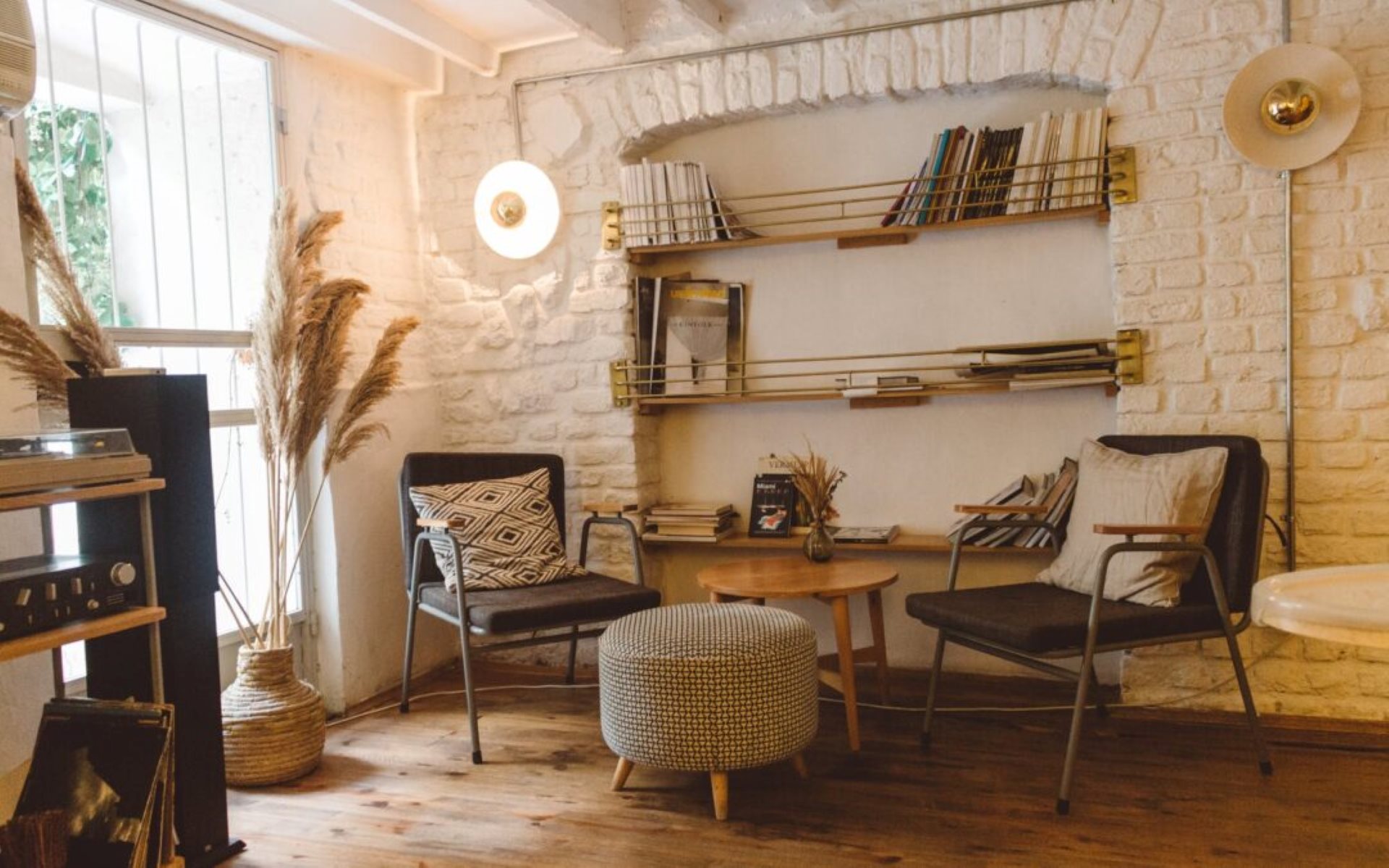

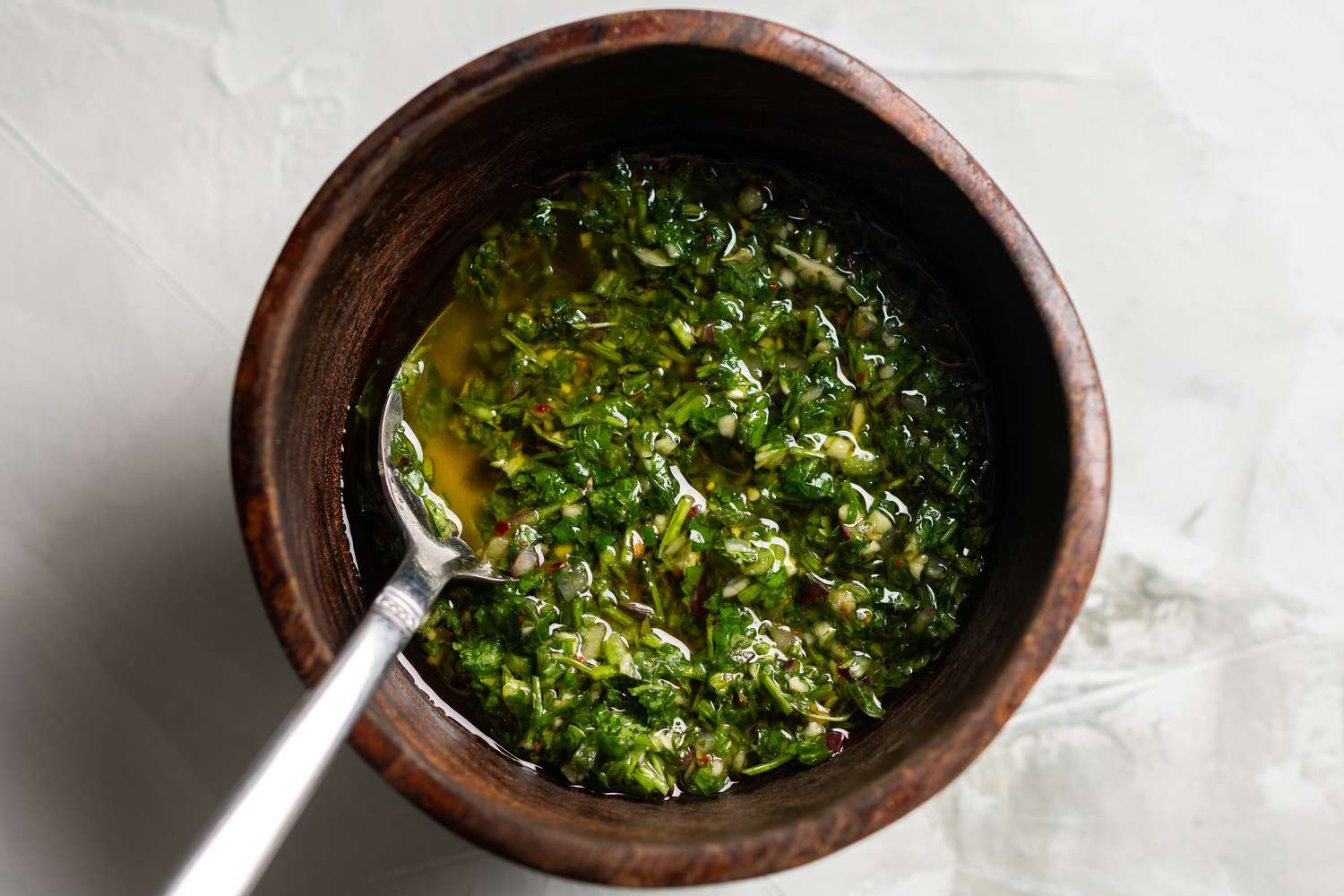
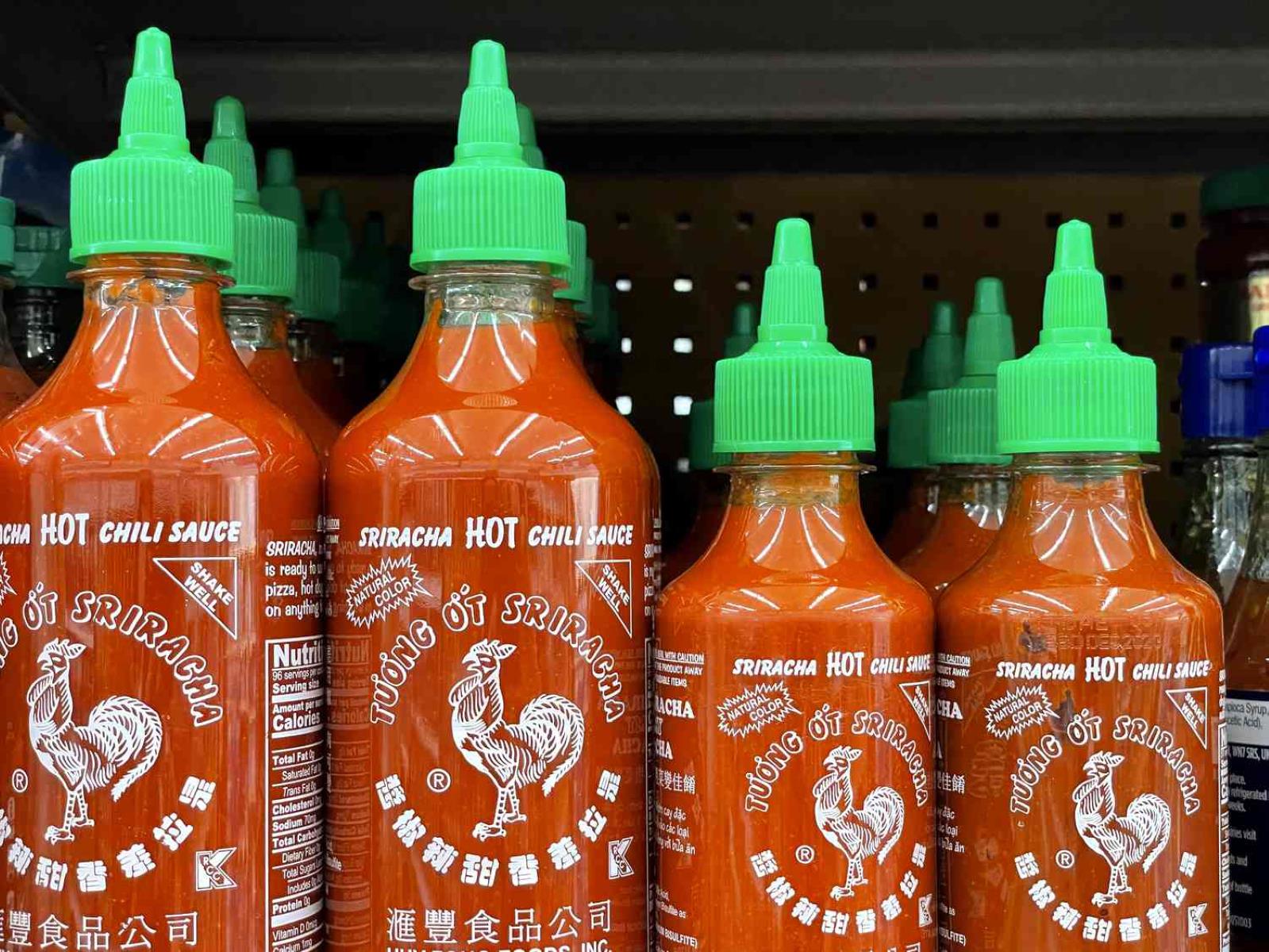
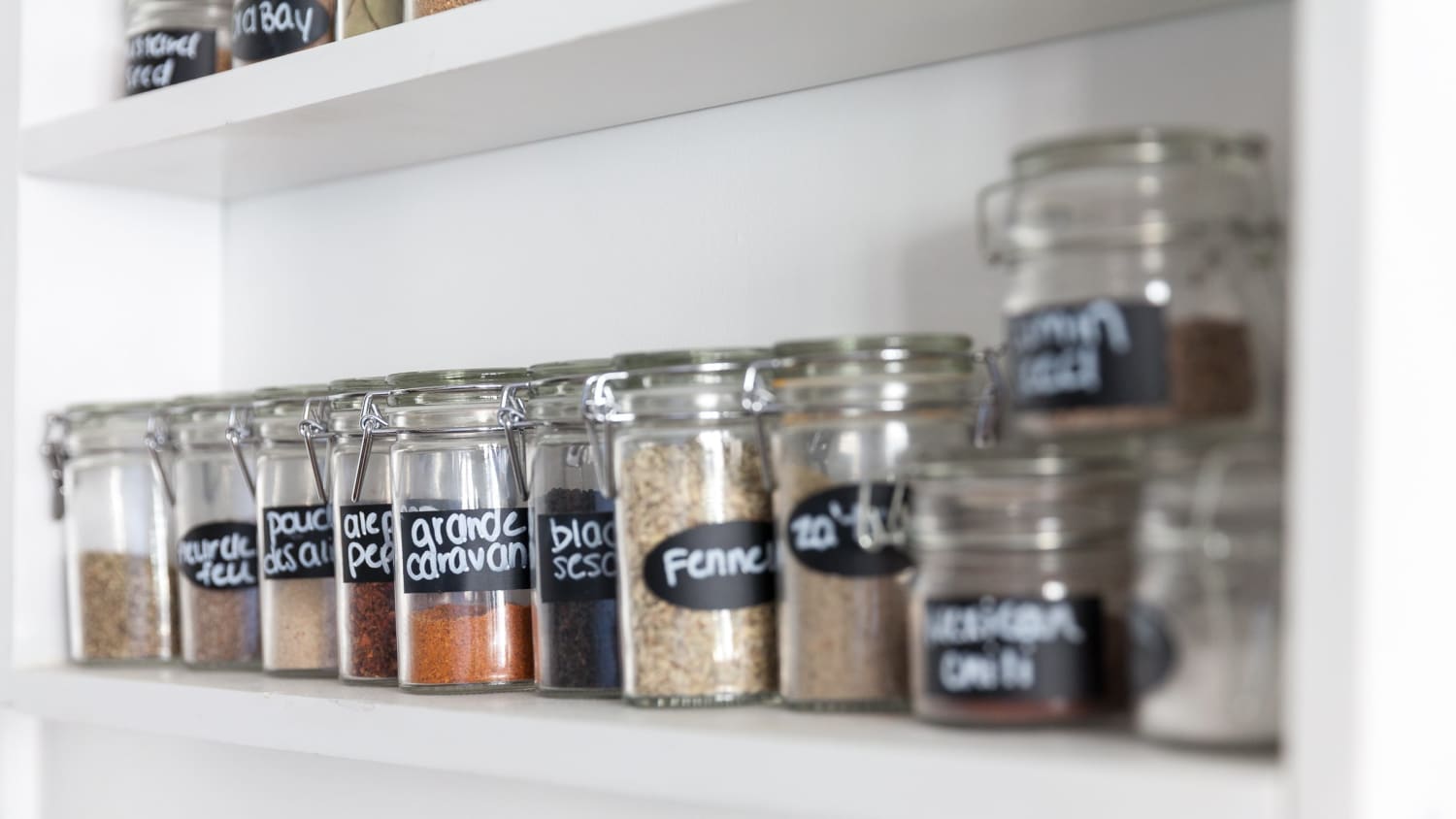
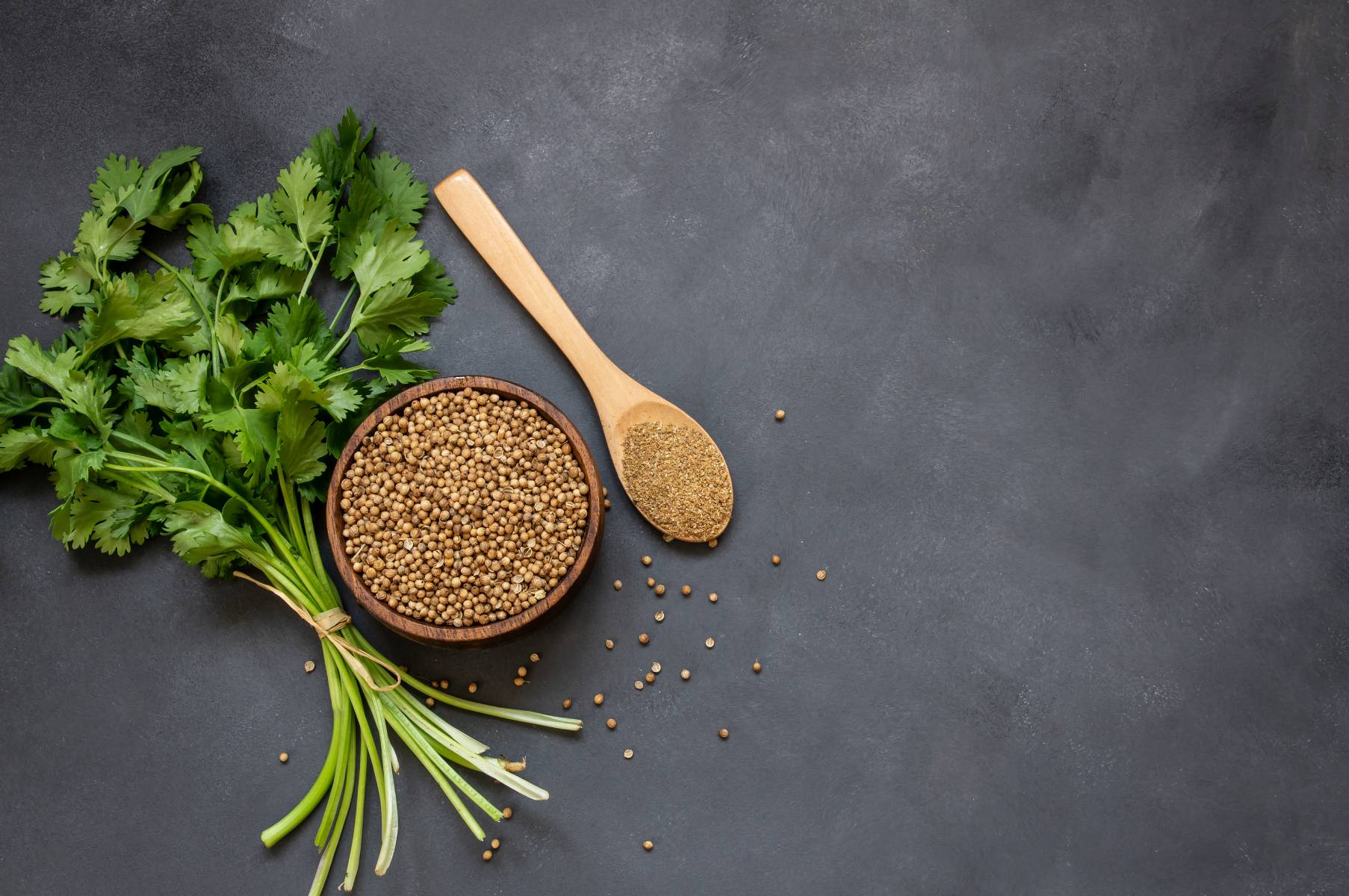
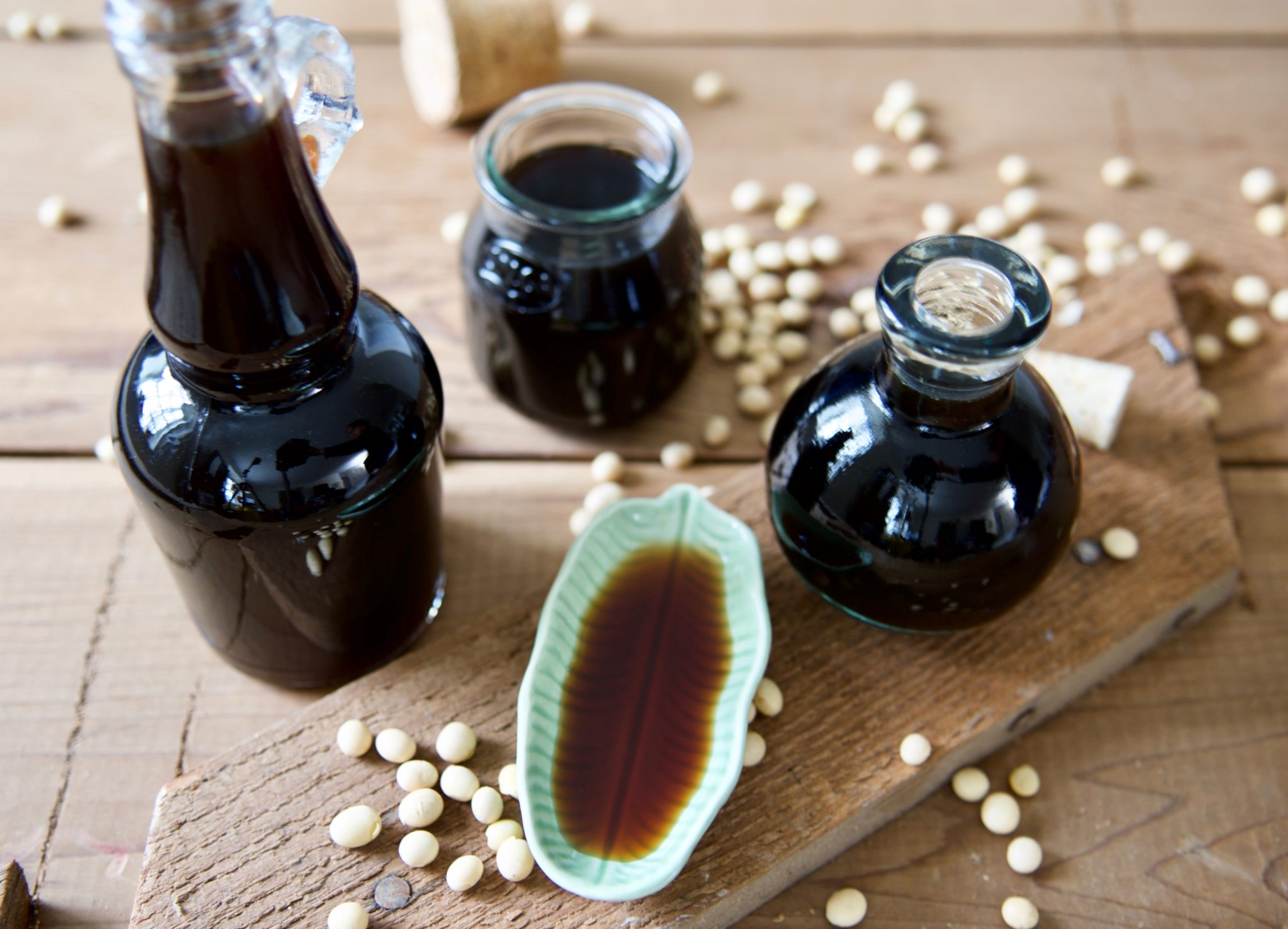
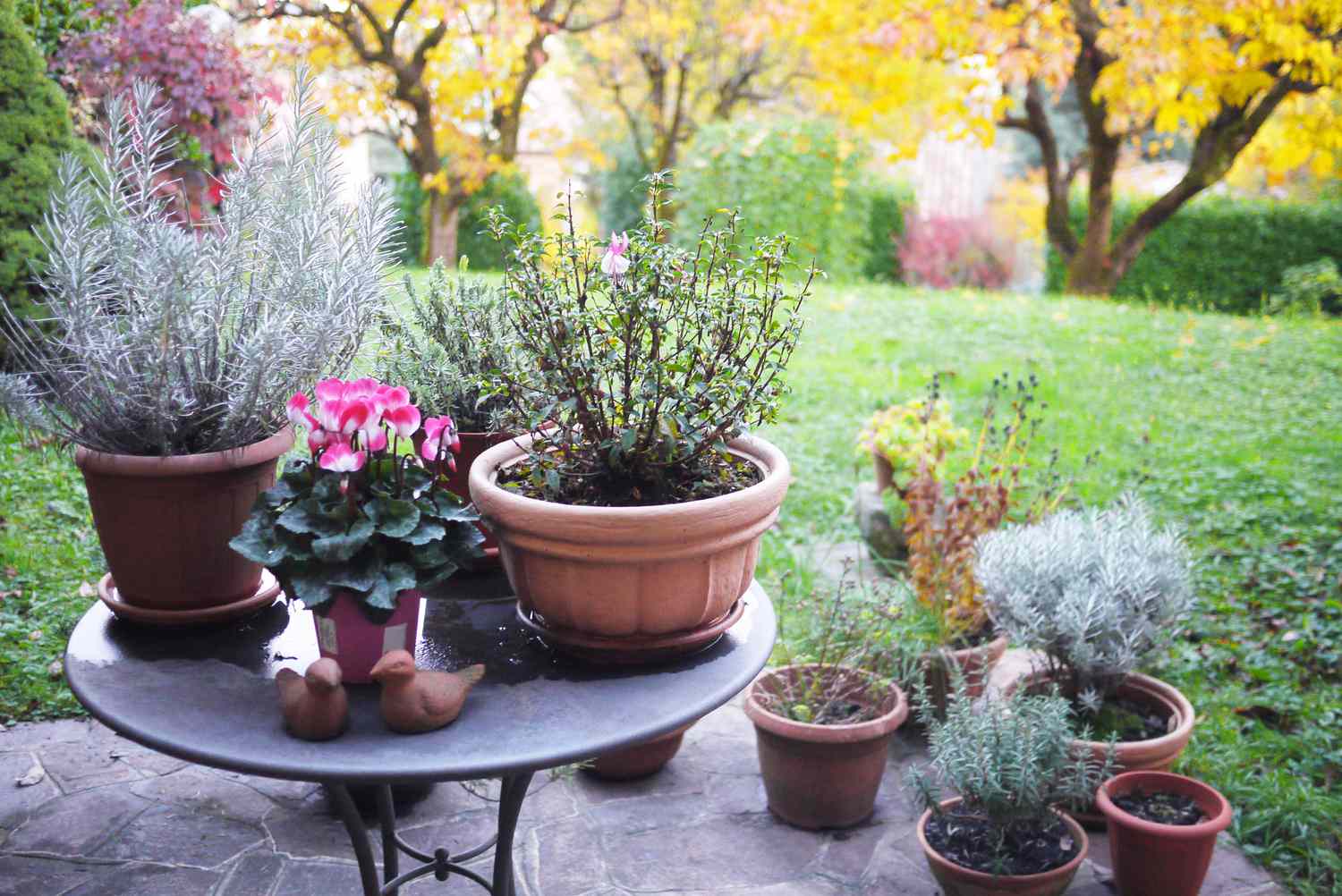
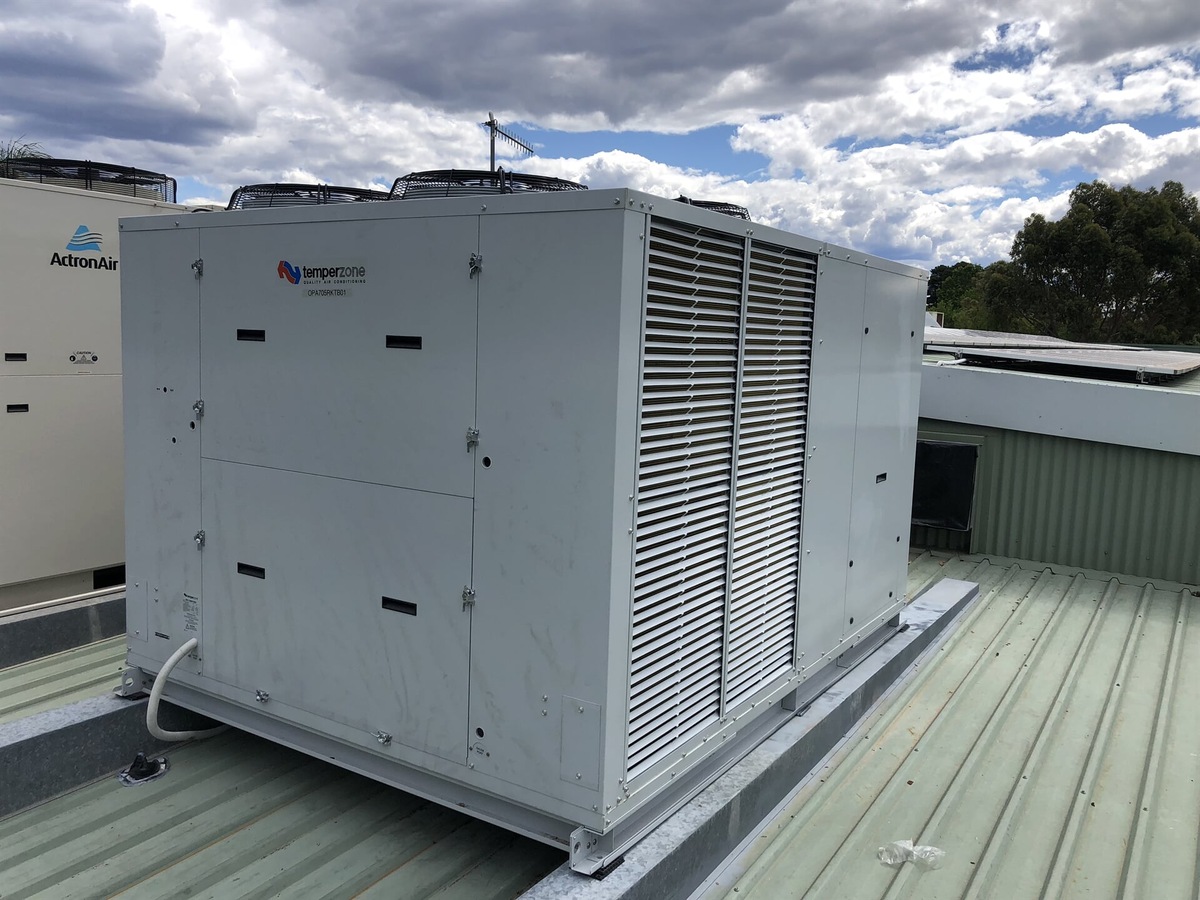

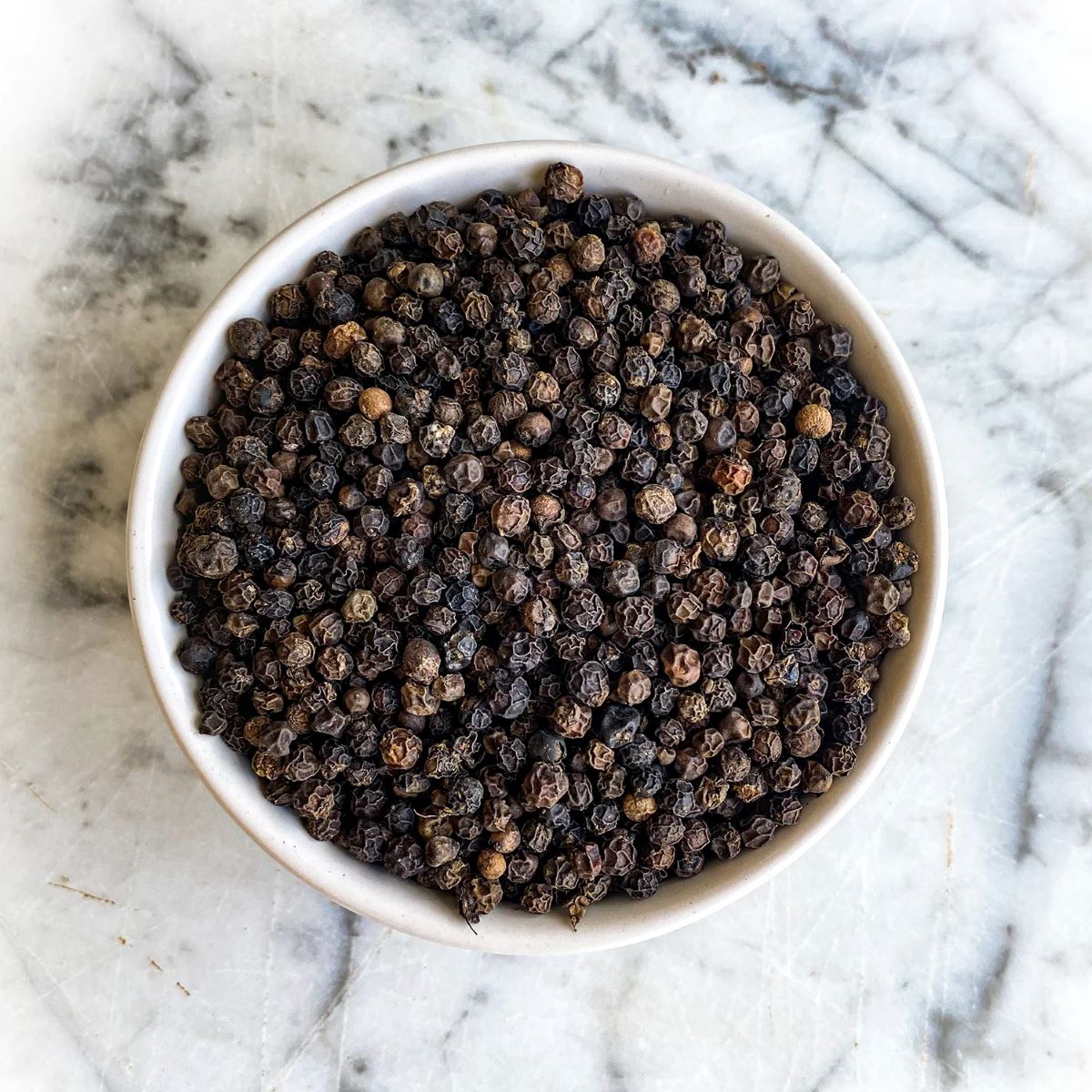
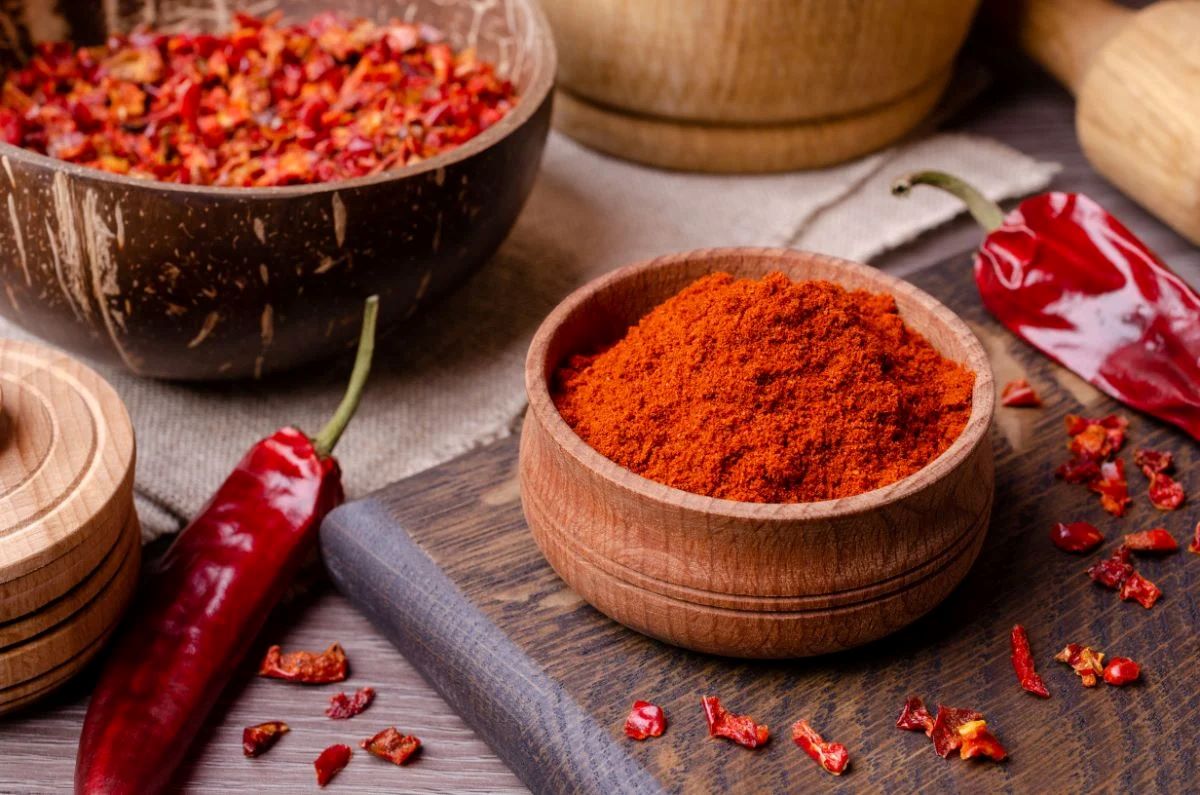

0 thoughts on “How To Store Spices In Humid Climates”